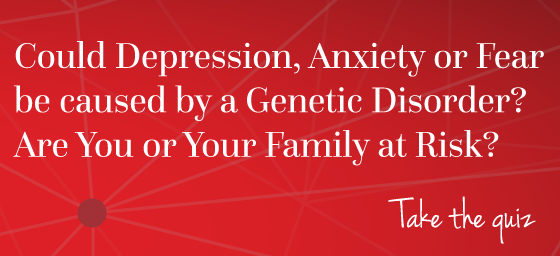What is it?
QEEG is an assessment tool used to aid in identifying mental health conditions by means of statistical evaluations of the EEG. The QEEG is useful combined with traditional clinical assessment, as it provides a sensitive and specific method to detect subtle variations in the activity of the brain. Subtle brain wave variations might otherwise go unnoticed by the clinician, even with a traditional, visually inspected EEG. But the computer-based QEEG may provide evidence of an underlying dysfunction that needs to be recognised, evaluated and treated.
QEEG measures the minute electrical activity of a person’s brain and then, using proprietary software, compares that unique pattern to known databases of “normal” and “abnormal” patterns. This type of computer-driven statistical analysis is particularly useful in evaluating difficult and borderline cases. Research has found that QEEG has a high level of reliability that is equal or superior to routinely used clinical tests such as mammograms, cervical screenings, blood tests, MRI and CAT scans. A comprehensive literature review (Hughes & John, 1999) in the Journal of Neuropsychiatry and Clinical Neurosciences reported “Of all the imaging modalities, the greatest body of replicated evidence regarding pathophysiological concomitants of psychiatric and developmental disorders has been provided by EEG and QEEG studies.”
Prominent in headlines today are discussions of the mental health of children. It appears that we are in the midst of an epidemic of Attention Deficit/Hyperactivity Disorder (ADHD). The National Association of School Psychologists (N.A.S.P.), and the National institute of Mental Health (NIH) have warned practitioners of the wide variety of psycho-medical and bio-medical problems that can be mistaken for ADHD, or that may co-exist with ADHD, stressing that it is always essential for a child to be carefully evaluated.
According to N.A.S.P., ADHD “Look-alikes” include depression, stress-induced anxiety states, biologically-based anxiety disorders, bipolar disorders, schizophrenia, and other medical disorders. While children with look-alike disorders may fulfill the diagnostic criteria for ADHD, they may have an entirely different underlying physiological condition and, therefore, might more appropriately receive a different diagnosis, resulting in different treatment. Moreover, if a medical or other psychiatric disorder is presenting as ADHD, a treatment that merely improves the ADHD symptoms may leave a residue of untreated behavioural problems, mood abnormalities or disorders of physiology. In such cases, even if medical stimulants, which are commonly prescribed for ADHD, are helpful, or if environmental changes improve the child’s self-control, it is critical to insure that other, perhaps more serious problems are not left unchecked.



